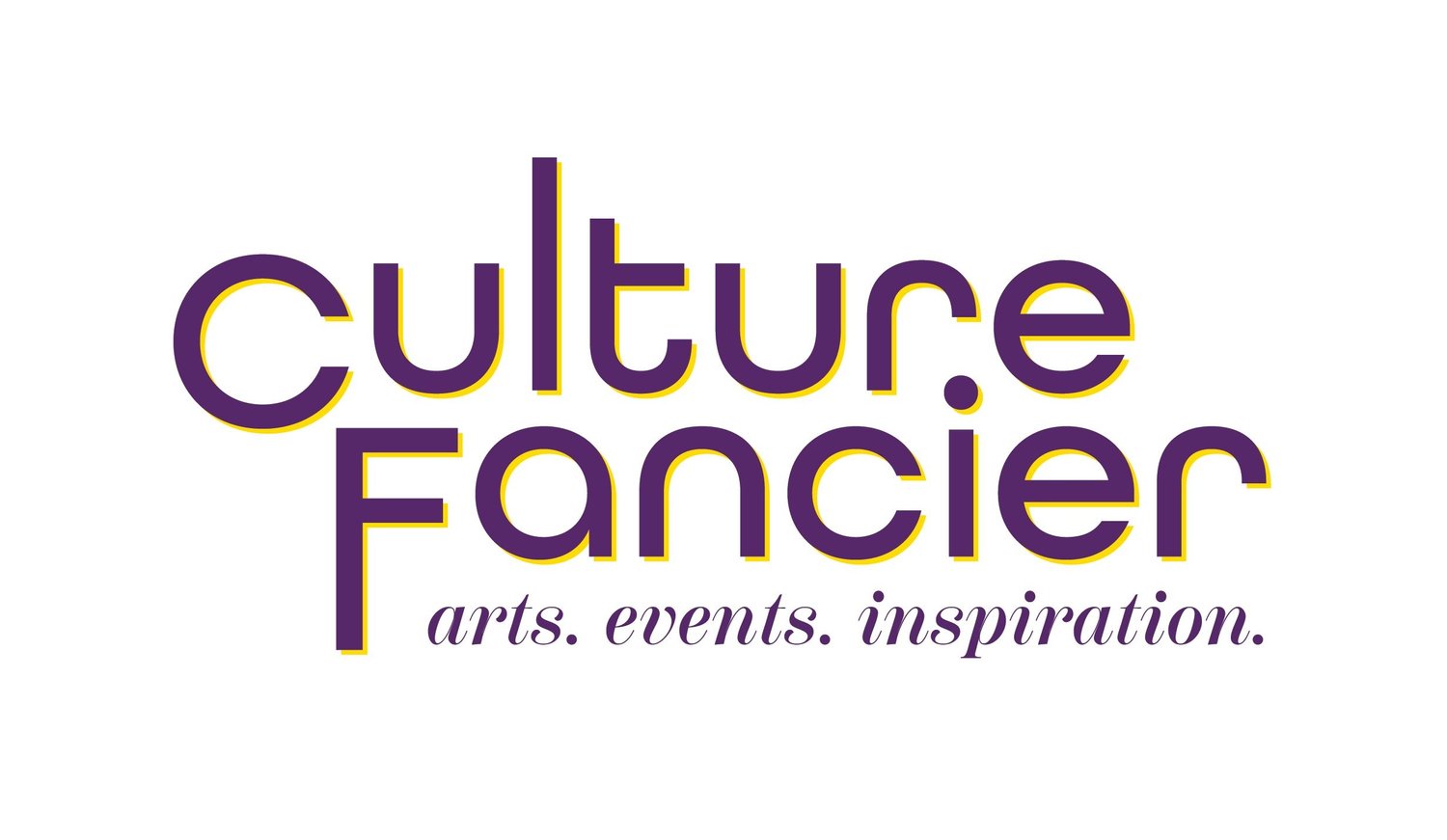Nisha Patel is an award-winning queer poet & artist. She is the City of Edmonton’s Poet Laureate, and the Canadian Individual Slam Champion. She is a recipient of the Edmonton Artists’ Trust Fund Award.
Nisha has performed across the world. Her poetry speaks to themes of race and identity, focusing strongly on her struggles and triumphs as a woman of colour. She strives to build strong relationships, mentorship, and opportunities for artists around her, believing in the possibility and forgiveness of the Edmonton arts scene. Nisha works to further her goal of building a stronger artistic community through living in her truth.
Has COVID affected your writing at all in terms of frequency or content?
COVID has put the pressure on me to produce more works for pay, but I’ve found ways in my personal practice to forgive myself for not having enough progress and writing when I can.
Have you always been into makeup?
I’ve been a performer for a long time, but I didn’t always enjoy makeup. I find now that makeup is yet another avenue for expression for me like clothing, or art. That makes it engaging.
Why did you start doing book looks?
I was excited about the possibilities of interpreting literary work in new ways. I think book looks allow me to use myself as a canvas, and that’s been generative and interesting for me.
Do you also use BIPOC makeup brands?
I’ve started to look into it, and I think when my makeup runs out I’ll be buying eco-friendly and BIPOC-led products.
What is the most complex look you have done so far?
I did a look for Emily Jungmin Yoon’s collection: “A Cruelty Special to our Species”. That was the most involved, but I wouldn’t call it complex. I think book looks are about interpretation, not necessarily re-creation.
Has anyone ever done a look inspired by your books?
When my book comes out next year, I certainly hope they do!
What is your best makeup tip or hack?
I like putting bronzer everywhere. I think it adds a really great source of light to any look.
For people who aren’t familiar with the world of traditional publishing, can you share how much creative control you had over your own book covers?
I didn’t design my upcoming book cover, but most of my chapbooks were my own art. It was hard for me to give up control of my new collection, but I believe that a good designer understands an author and is able to communicate what they’re trying to say.
COCONUT. Out April 1st, 2021. Cover design by Natalie Olsen.
Can you tell me more about Moon Jelly House, the publishing house you founded this year?
Moon Jelly House is a small-run chapbook publisher that I founded with my partner and my good friend. We aim to publish marginalized BIPOC poets and help them establish themselves in their careers. It is a passion project and we’re learning as we’re going. We hope to have chapbooks out soon!
What is one piece of advice you have for emerging BIPOC writers?
I think I would say that, you should write about the things you need to write about, the things that are most pressing, but that you shouldn’t be afraid to write about the commonplace, mundane, or aspirational.
Follow Nisha on Instagram and Twitter.
Interview by Glodeane Brown
If you liked this post please like, comment, and share.


